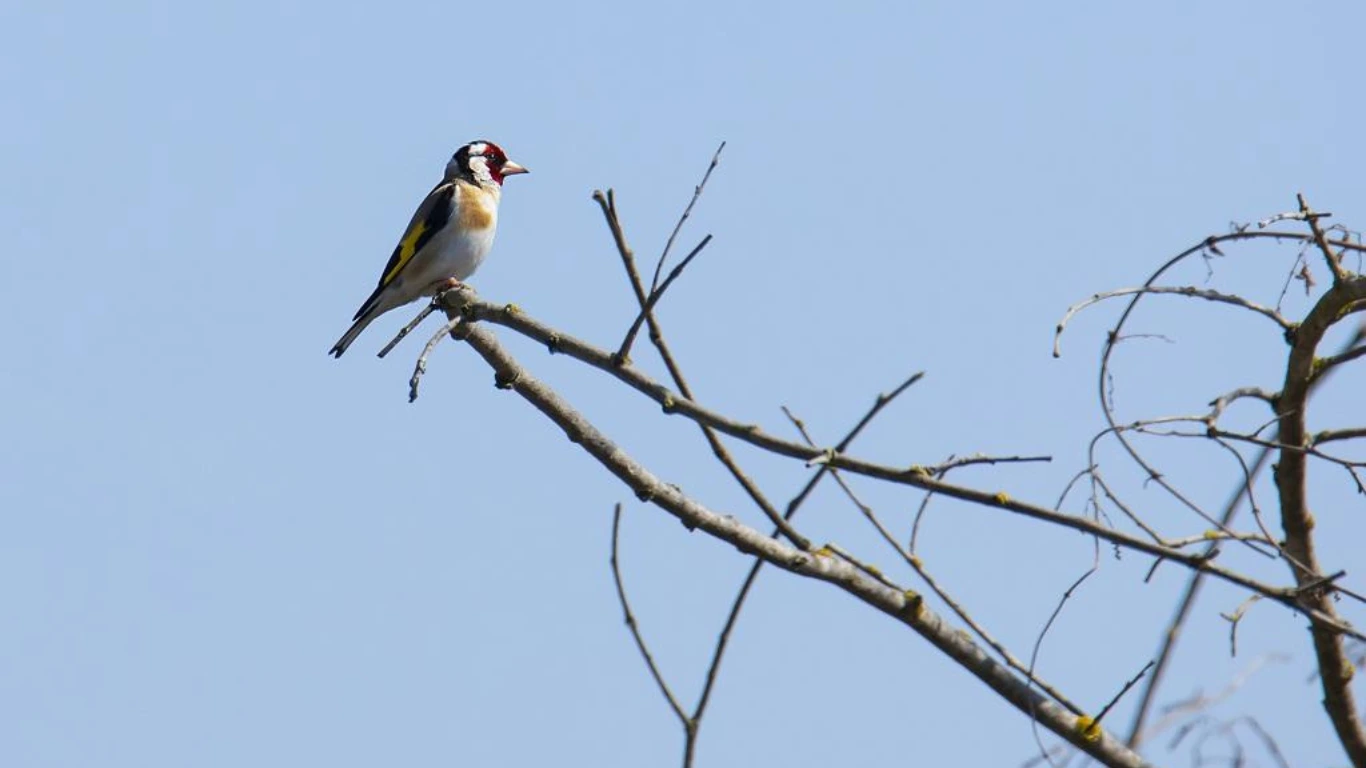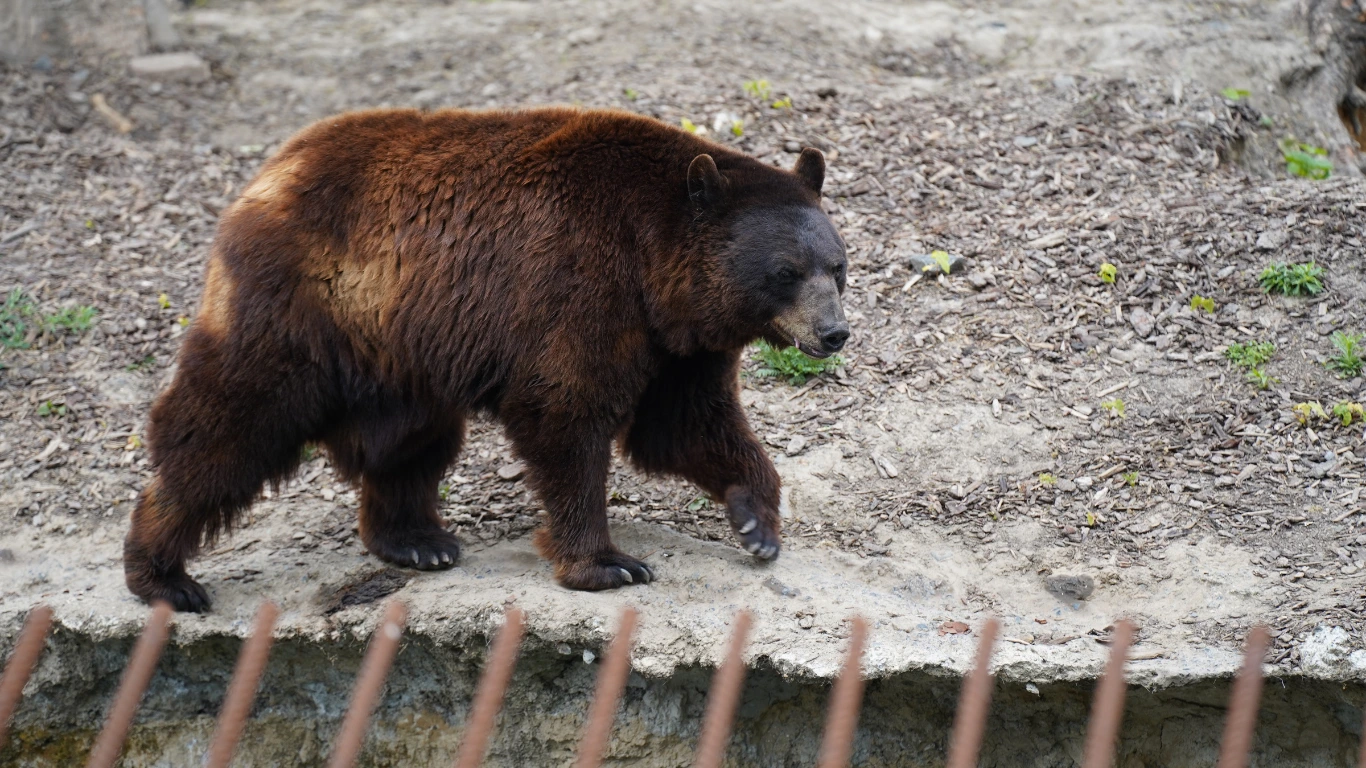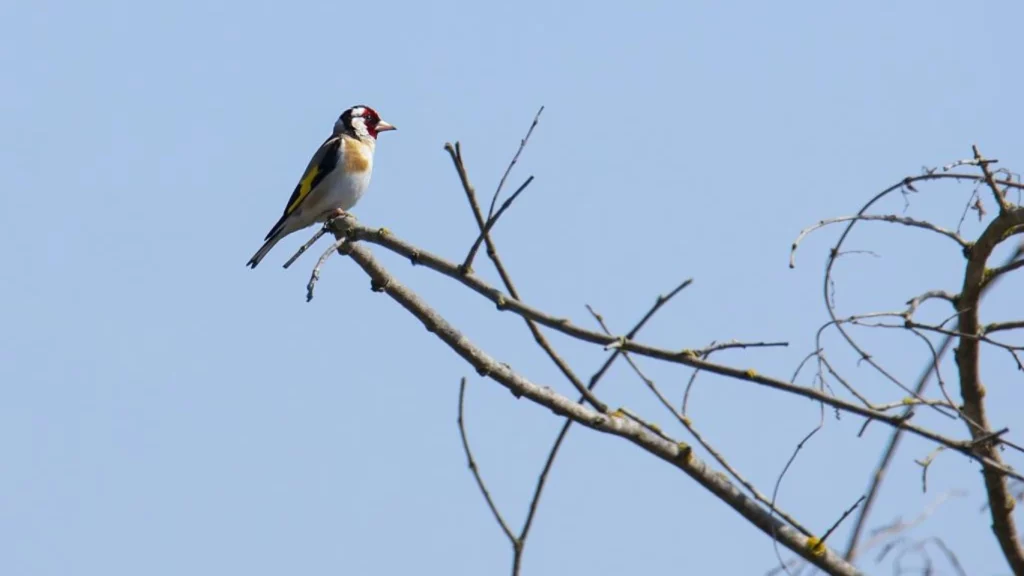Written by Himanshu Nitnaware
Originally published by Down To Earth (Thu, Jul 6, 2023)
Birds were the species most targeted in wildlife crimes
Most wildlife crimes remain invisible or go unpunished in Europe, flagged a new report. On an average, about 60 per cent of complaints of wildlife crimes reported to the prosecution did not lead to indictments, noted the document published by LIFE SWiPE project on July 5, 2023.
The most common punishment issued was suspended imprisonment, added the report, Uncovering the Invisible: Successes and Challenges for Wildlife Crime Prosecution in Europe.
LIFE SWiPE analysis covered wildlife crimes in 11 European countries. LIFE SWiPE is a project that aims for successful wildlife crime prosecution in Europe.
It is implemented by WWF, Flora and Fauna International, TRAFFIC, the Wildlife Trade Monitoring Network, the State’s Attorney Office of the Republic of Croatia and the Judiciary Academy of Croatia.
The project is operated in European countries such as Bosnia and Herzegovina, Croatia, Hungary, Romania, Serbia, Ukraine, Italy, Poland, Slovakia and Spain.
Between 2016 and 2020, most crimes — accounting for 27 per cent — were related to the illegal killing of wildlife, while the use of poisoned baits accounted for 16 per cent.
Prohibited methods and equipment for hunting and illegal wildlife trade amounted to 14 per cent and 13 per cent, respectively,
The listed wildlife crimes may be way fewer than the actual instances as most cases did not fall under the scope of the SWiPE project as they were related to red deer, wild boar and roe deer.
For example, in Romania, “out of over 600 cases of wildlife crime received, only 25 fell within the project’s definition of wildlife crime. Other countries, such as Bosnia and Herzegovina and Spain, mentioned that cruelty against domestic animals featured prominently among animal torture data received.”
Most recorded crimes had national characters. While birds were the most targeted species for wildlife crimes, finches were among the most targeted animals in seven out of 11 countries.
The goldfinch (Carduelis carduelis) was the most targeted bird species. In Ukraine, they were the species most affected by illegal trade.
In Italy, 410 poaching cases were reported between 2016 and 2020. While songbirds were hunted for consumption in Italy, they were caught alive in other countries. In countries like Poland, Romania, Hungary and Croatia, songbirds were caught and exported to Italy.
However, they were kept alive in Spain due to traditional beliefs, especially goldfinches, which are popular as pets.
The second species highlighted in the dataset was raptors. Raptor species such as Accipiter sp., Aquila sp., Buteo buteo, Circus aeruginosus, Falco sp., Gyps fulvus, Haliaeetus albicilla and Milvus milvus were hunted and poisoned in Croatia, Serbia, Spain, Slovakia and Hungary.
Tortoises, some reptiles and parrots were killed for their skin or body parts. Parts of elephants, sturgeons and brown bears were also seized and confiscated.
“Wildlife is not reported missing like humans and cannot self-report themselves as victims, so most of these acts go unreported, and in all likelihood, much more go undetected,” said Roselina Stoeva, LIFE SWiPE’s project manager, in a press statement.
In Bulgaria, during the analysed frame time, four brown bears were reportedly dead, while additional four cases came to light via media reports or files from prosecutors.
During the same period, the bear population dropped over 10 times — to 329 from 411. However, there was no evidence of undocumented mortalities.
In another case, official statistics noted that one chamois was killed in 2017. However, various media reports and nature conservation organisations revealed 21 animals were killed during the period.
While 410 passerines were poached between 2016 and 2020, the number of birds hospitalised for gunshot wounds or seizures in CRAS, a WWF wild animal recovery centre, accounted for 1,183, according to SWiPE.
The report recommended the use of a special police force and increased use of technology such as drones and GPS for monitoring endangered species. It also suggested training dogs to detect poisoning and wildlife crimes.
“Wildlife crimes are wild crimes against life. To halt the decline in biodiversity and put nature on a path to recovery for 2030, governments must take bold actions to tackle the crimes that threaten our most iconic wildlife, right here in Europe,” Stoeva added.
The report also suggested creating a centralised database to register wildlife crimes, increasing financial resources and strengthening coordination across European borders.
Plugging legal loopholes, stopping the purchase of illegal hunting gear, and training authorities and judicial officials for effective law implementation were other recommendations.






